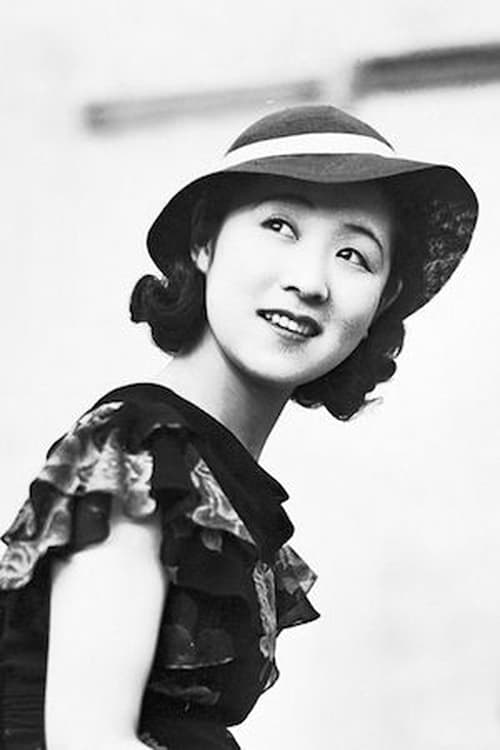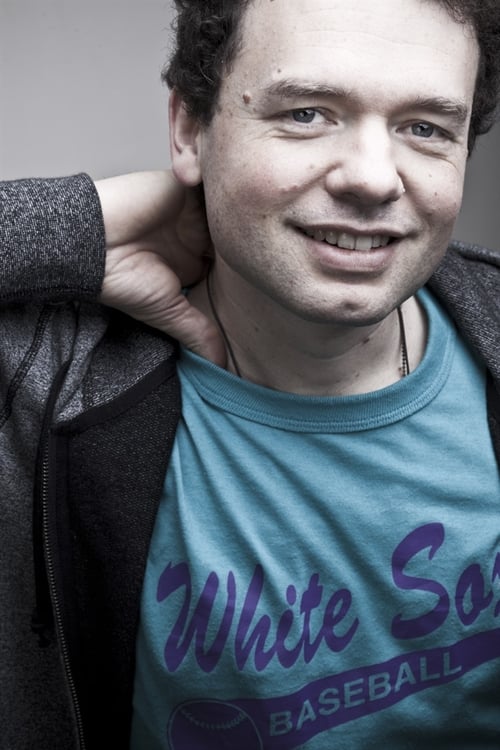Kinuyo Tanaka, a woman we talk about (2022)
Genre : Documentary
Runtime : 52M
Director : Pascal-Alex Vincent
Synopsis
This documentary composed of numerous testimonies and archives, filmed in Japan highlights the extraordinary career of the actress-director Kinuyo Tanaka and her singular ambition to impose a female point of view on cinema, reflecting her own vision of the world.
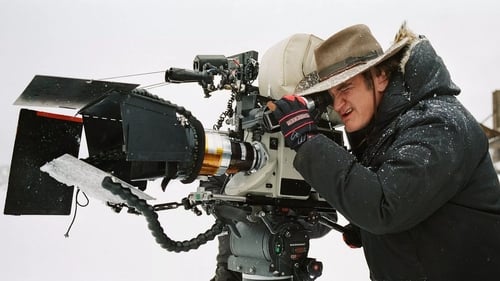
A detailed account of the life and artistic career of legendary filmmaker Quentin Tarantino, from his early days as a video club manager to the scandalous fall in disgrace of producer Harvey Weinstein. A story about how to shoot eight great movies and become an icon of modern pop culture.
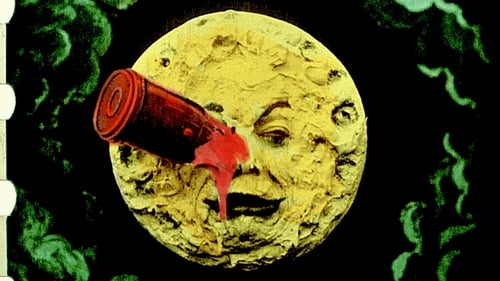
An account of the extraordinary life of film pioneer Georges Méliès (1861-1938) and the amazing story of the copy in color of his masterpiece “A Trip to the Moon” (1902), unexpectedly found in Spain and restored thanks to the heroic efforts of a group of true cinema lovers.
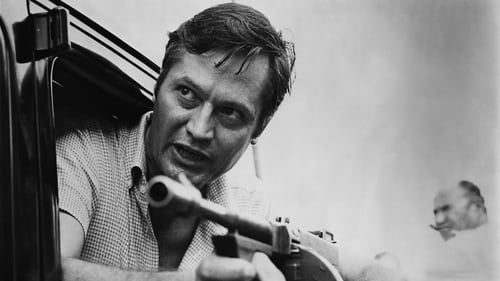
A chronicle of the long career of American filmmaker Roger Corman, the most tenacious and ingenious low-budget producer and director in the US film industry, a pioneer of independent filmmaking and discoverer of new talent.
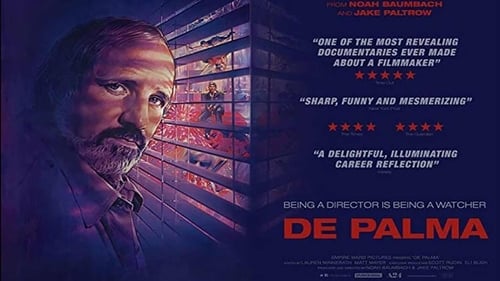
An intimate conversation between filmmakers, chronicling De Palma’s 55-year career, his life, and his filmmaking process, with revealing anecdotes and, of course, a wealth of film clips.
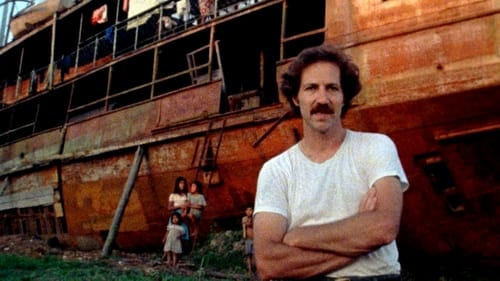
The Amazon rain forest, 1979. The crew of Fitzcarraldo (1982), a film directed by German director Werner Herzog, soon finds itself with problems related to casting, tribal struggles and accidents, among many other setbacks; but nothing compared to dragging a huge steamboat up a mountain, while Herzog embraces the path of a certain madness to make his vision come true.
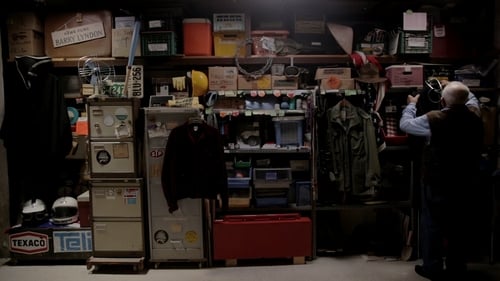
The incredible story of the Italian Emilio D'Alessandro, personal driver of the great director Stanley Kubrick (1928-1999), who met Emilio by chance in London in 1971 and hired him, thus establishing a deep friendship that lasted thirty years and helped create four masterpieces of cinema. A moving tale about two seemingly opposing people who found their ideal travel companion far away from home…
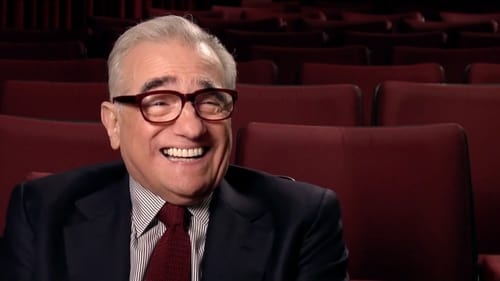
In the sixties, Swedish filmmaker Ingmar Bergman (1918-2007) built a house on the remote island of Fårö, located in the Baltic Sea, left Stockholm and went to live there. When he died, the house was preserved. A group of very special cinephiles, came from all over the world, travel to Fårö in search of the genius and his legacy. (An abridged version of Bergmans video, 2012.)
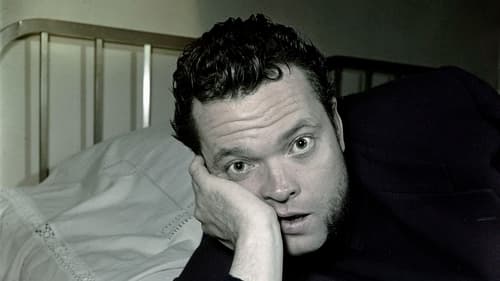
A poetic journey into the visual world of the legendary filmmaker and actor Orson Welles (1915-85) that reveals a new portrait of a unique genius, both of his life and of his monumental work: through his own eyes, drawn by his own hand, painted with his own brush.
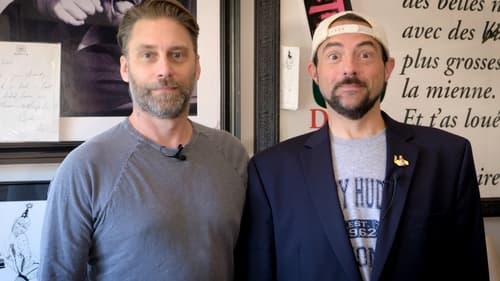
A look at Kevin Smith's life and career from his childhood in New Jersey, to the day they cemented his footprints at the world famous TCL Chinese Theater, with a flock of famous folks testifying on Silent Bob's behalf!
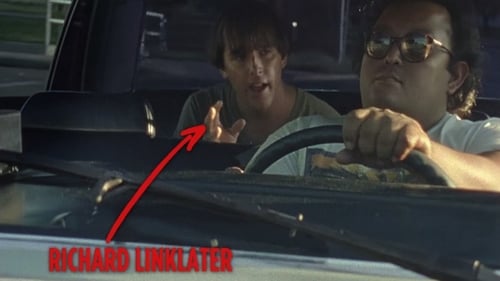
A journey through the professional life of innovative film director Richard Linklater: 21 years creating films, carving his signature in pop culture; an analysis of his style and motivations, through the funny and moving testimonies of close friends and collaborators, actors and other filmmakers.
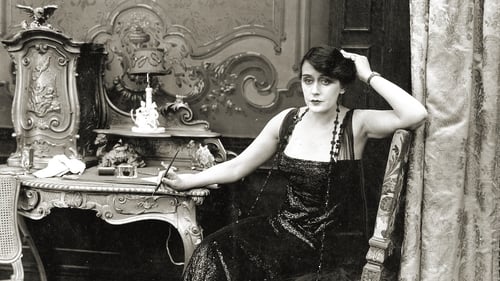
The epic life story of Alice Guy-Blaché (1873–1968), a French screenwriter, director and producer, true pioneer of cinema, the first person who made a narrative fiction film; author of hundreds of movies, but banished from history books. Ignored and forgotten. At last remembered.
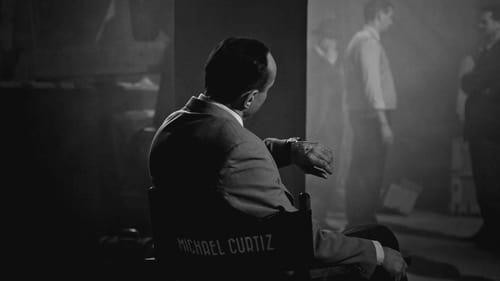
Hollywood, 1942. The US government pressures Hungarian-born film director Michael Curtiz, who is about to finish shooting Casablanca, to accentuate the film's propaganda message in order to sway public opinion in favor of the country's intervention in the European war.
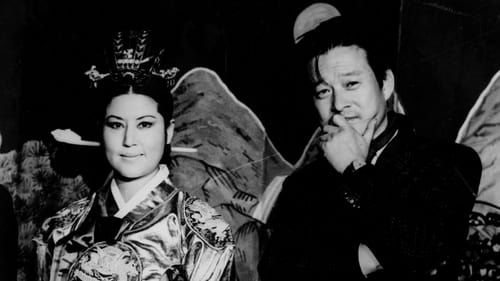
Hong Kong, 1978. South Korean actress Choi Eun-hee is kidnapped by North Korean operatives following orders from dictator Kim Jong-il. Her ex-husband, film director Shin Sang-ok, undertakes her search, but soon after he is kidnapped as well. In 1983, after living through years of tribulations, Kim Jong-il puts them in charge of the North Korean film industry in the hope of gaining international recognition.
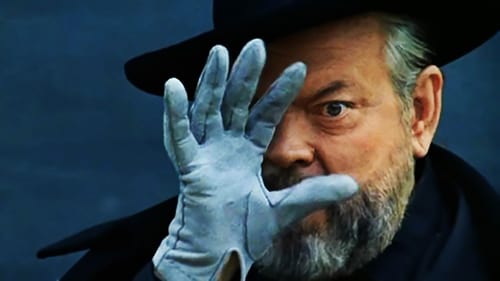
The extraordinary life of Orson Welles (1915-85), an enigma of Hollywood, an irreducible independent creator: a musical prodigy, an excellent painter, a master of theater and radio, a modern Shakespeare, a magician who was always searching for a new trick to surprise his audience, a romantic and legendary figure who lived only for cinema.
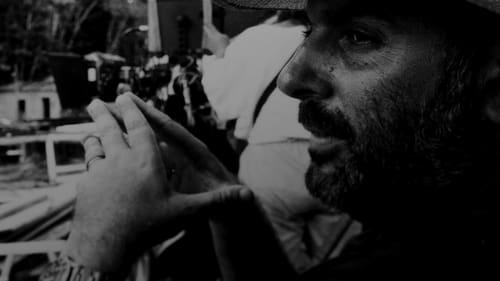
Besieged by cancer and nearing the end, the genius Argentine-Brazilian filmmaker Héctor Babenco (1946-2016) asks Bárbara Paz, his wife, for one last wish: to be the protagonist of his own death.
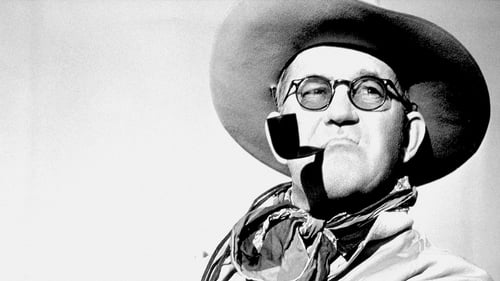
Over a 50-year career and more than a hundred movies, filmmaker John Ford (1894-1973) forged the legend of the Far West. By giving a face to the underprivileged, from humble cowboys to persecuted minorities, he revealed like no one else the great social divisions that existed and still exist in the United States. More than four decades after his death, what remains of his legacy and humanistic values in the memory of those who love his work?
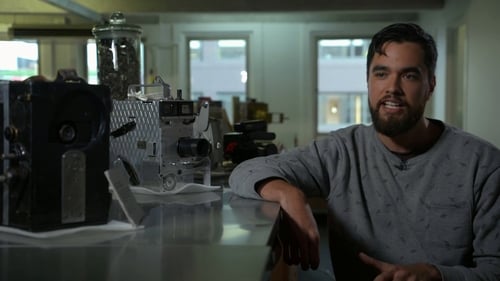
A documentary portrait of the pioneering indigenous filmmaker and activist Merata Mita and an intimate tribute from a son about his mother that delves into the life of the first woman from an Indigenous Nation to solely direct a film anywhere in the world. Known as the grandmother of Indigenous cinema, Merata’s independent political documentaries of the 1970s and 80s highlighted injustices for Māori people and often divided the country. Mita was fearless in her life, her activism and her art. Chronicling the director’s journey to decolonize the film and television screens of New Zealand and the world, the film documents her work, her early struggles with her family and her drive for social justice that often proved personally dangerous.
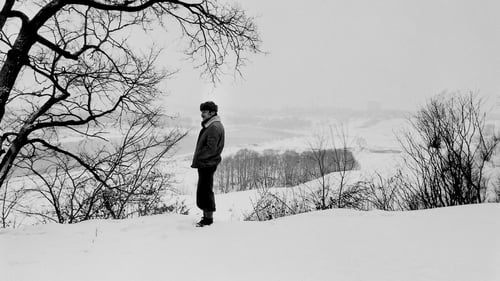
An account of the life and work of Russian filmmaker Andrey Tarkovsky (1932-86) in his own words: his memories, his vision of art and his reflections on the fate of the artist and the meaning of human existence; through extremely rare audio recordings that allow a complete understanding of his inner life and the mysterious world existing behind his complex cinematic imagery.

On the 20th anniversary of Federico Fellini's death, Ettore Scola, a devoted admirer of the incomparable maestro, commemorates the lesser-known aspects of his personality, employing interviews, photographs, behind-the-scenes footage as well as his drawings and film clips.

A look back at Charlie Chaplin's early life and career, from his rough childhood and music hall success in England to his early Hollywood days and the development of his enormously popular character, the Little Tramp, also called Charlot.

